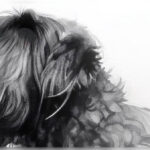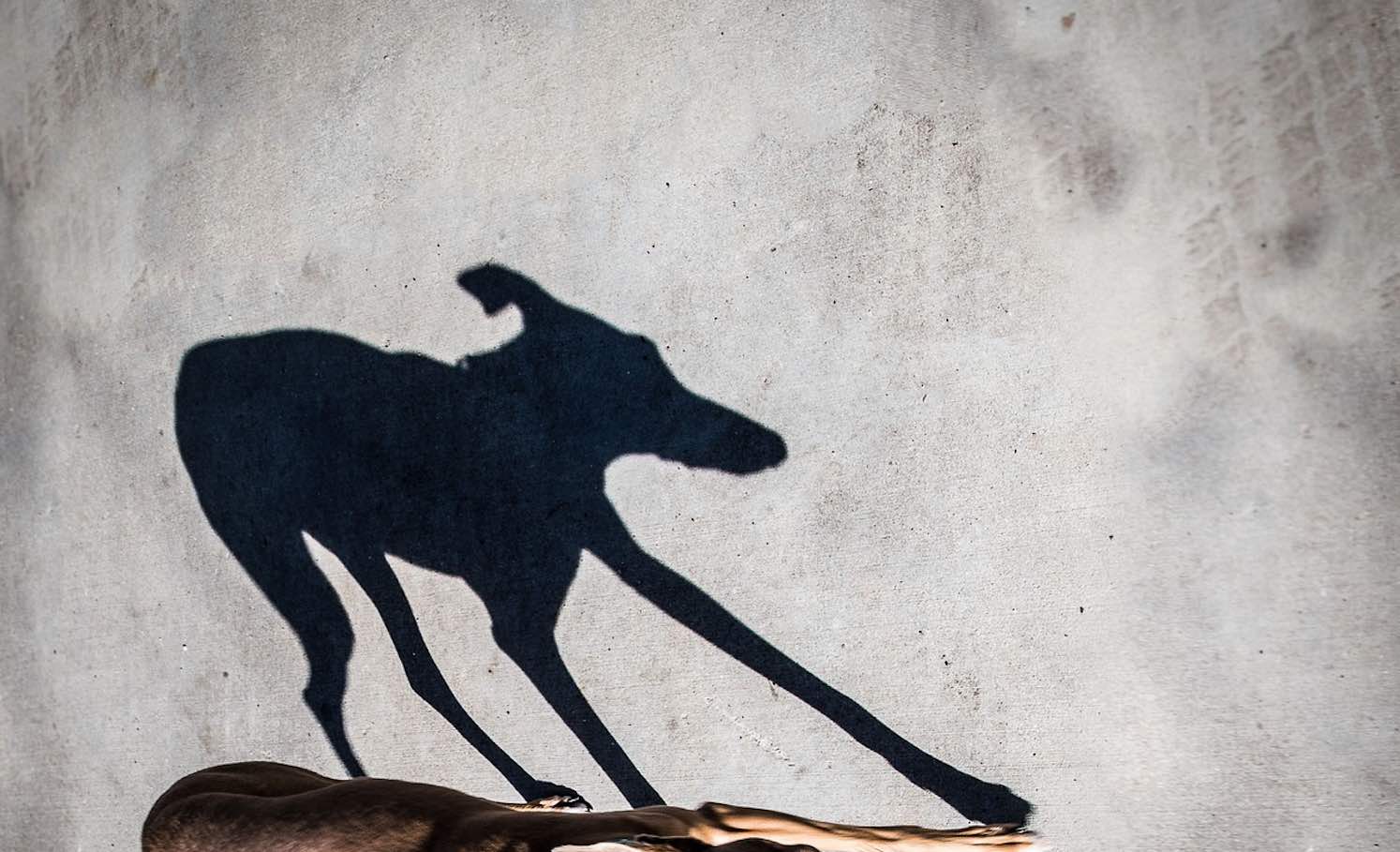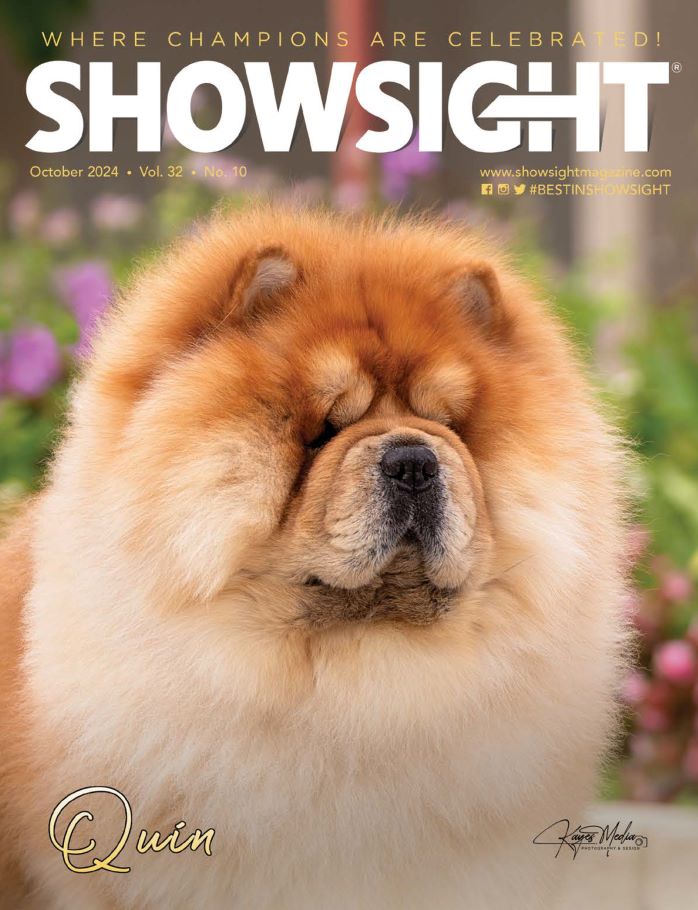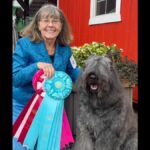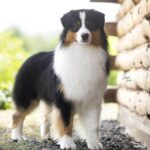I have been judging over 25 years. When I have a breed on my examination table, I still “hear” what mentors told me about specific breeds. These remarks are priceless until the standard changes. We all know what AKC tells us about foreign substances. When I judge the Yorkie, I am reminded what Roberta Rothenback told me. She said, “If the color looks too good to be true; it is not”. She went further to say that each strand of hair will not be perfectly the same. You need to get into the coat and make an assessment of the presence of a coat color altered by foreign substance was also part of her mentoring. No judge is so skilled as to make an absolute judgement regarding a “foreign substance”.
Joe Walton was one of my mentors for his breed, Shih Tzu. He said, “Dick, you have to get into the top knot and determine is a correctly sized head is under there. Too many pin heads are being rewarded.” I never forget his marks when I judge this breed. I feel the head side to side and from occiput to muzzle.
Peggy Hogg, long time professional handler and finally well respected judge was a mentor for me with Maltese. Peggy lived just a bit more than an hour from me when I first began to show dogs. She stressed the importance of sound pigment in this breed. She cautioned me to check the eye rims and pads of feet as well as eye color. She reminded me that strong pigment and dark eyes make for the correct expression.
When I began to judge Peggy would seek me out and give me pointers about a specific exhibit she had judged. I remember her coming to me and encouraging me to have a look at an American Staffordshire Terrier. She reminded me what the breed standard says about nose color. The dog she wanted me to have a look at was a blue dog. She said the nose cannot be black with the dilute pigment. She went on to say that the animal exudes correct breed type in spite of its nose leather. This was an invaluable mentoring experience among others that Peggy shared with me.
I attended the national specialty of the Japanese Chin years ago. The person that presented the education shared his feeling about the importance of the phrase: “a small amount of white showing in the inner corner of the eyes is a breed characteristic that gives the dog the look of astonishment.” This phrase is a quote from the breed standard.
A well known professional handler showed a very nice Japanese Chin bitch for an extended period of time. I never rewarded the dog with a group one. She finally asked me what I objected to with regard to her entry. I told her the expression of the dog did not please me. She told me that white in the corners of the eyes is no longer an expectation. I checked the standard after this encounter. I learned the phrase is still in the standard.
The Miniature Pinscher is a breed that I have known since childhood. My maternal grandpa had a pair long before I began to exhibit in the show ring. The Min-Pin was one of the first breeds I was approved to judge. Again a phrase from the standard: “characteristic traits are his hackney like action” set this dog and its movement apart from other breeds in the toy group. I was challenged by a Min-Pin exhibitor for selecting only entries that had “hackney like action”. This person told me the year that the phrase was added to the standard and said it really is not that important. The phrase comes from the paragraph regarding general appearance. I consider it to be of critical importance.
I am now approved to judge four groups. This is something I take very seriously. I find it necessary from time to time to refer back to the breed standard while I am judging. I would much rather make a judgement call after referring to the standard than to “think I know what the wording in the standard really is.”
Fashions change with the presentation of dogs for the show ring, but I hope I am regarded as a judge that judges by the standard approved for each breed. I know what I heard at the breed seminar for the Poodle. In spite of hearing this, a Toy Poodle is still described as being 10″ or under. I also know that the UK has a different size limit. Until the AKC standard changes, I will call for the wicket and measure an entry that seems to be oversized. I have also called for the wicket for a Miniature Poodle that appears to exceed 15″.
I encourage exhibitors to know their breed standard before you approaching me regarding my placement of their entry. I like to discuss my placements with exhibitor that are well grounded in knowledge of the breed standard for their breed.
